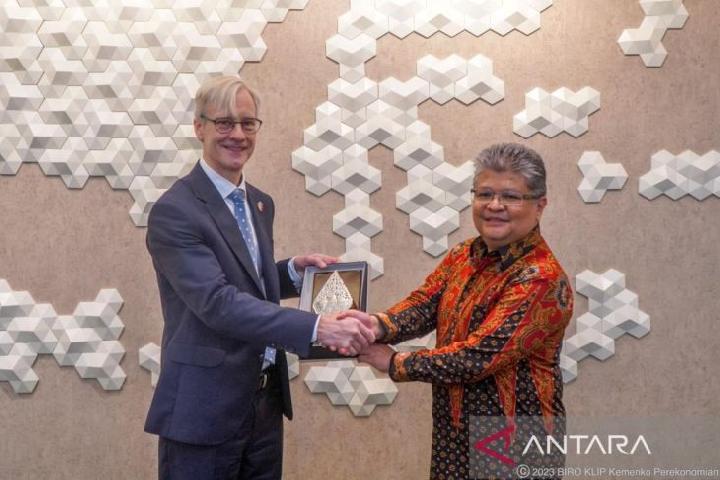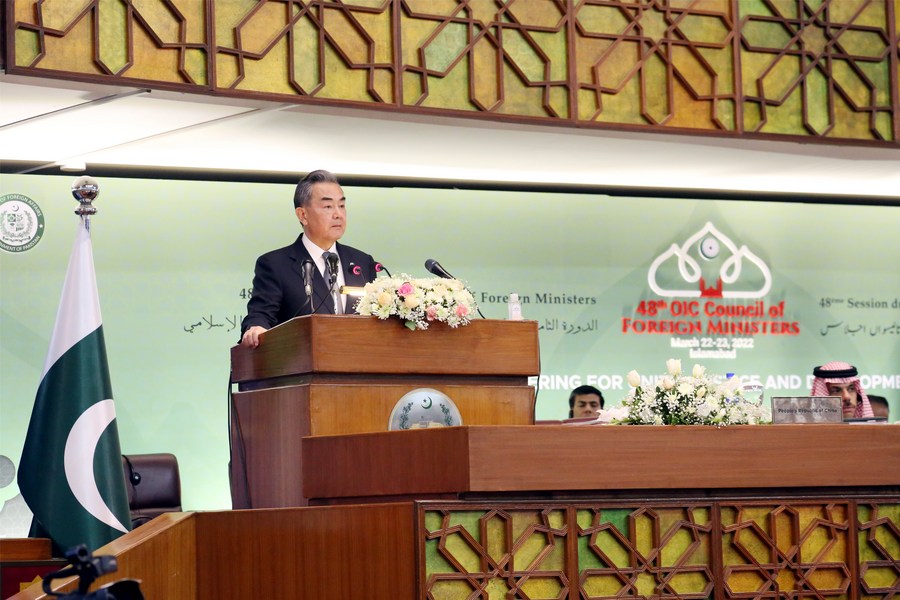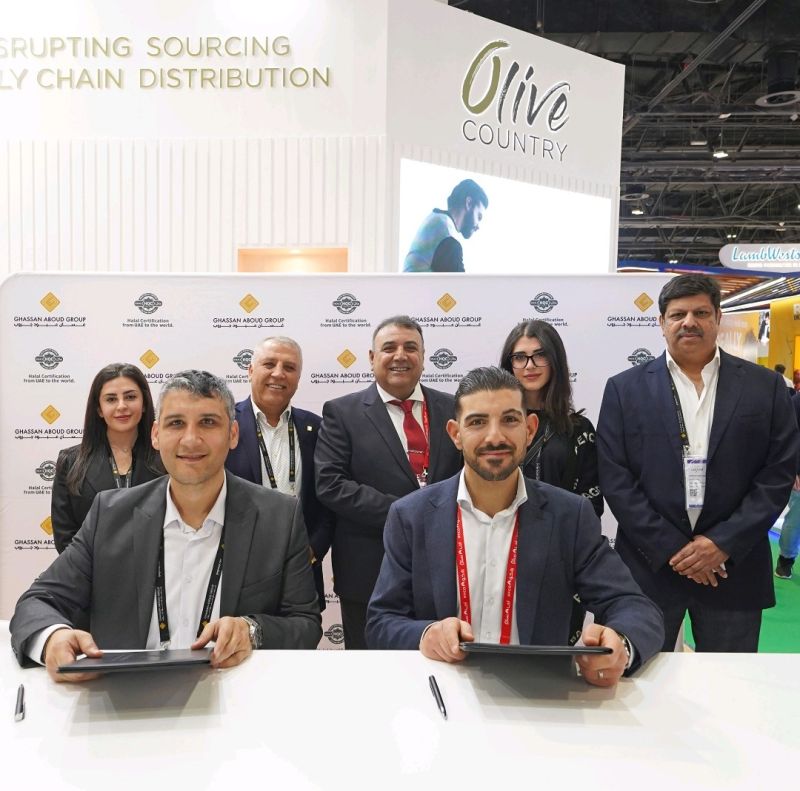
The Dubai Islamic Economy Development Centre (DIEDC) today announced the signing of a memorandum of understanding (MoU) with the Group of Strategic Vision ‘Russia – Islamic World’ (RIW Group) to exchange expertise and best practices in the field of Islamic economy.
His Excellency Sultan bin Saeed Al Mansouri, Minister of Economy and Chairman of DIEDC, and Rustam Minnikhanov, President of Tatarstan and Chairman of the RIW Group, attended the signing ceremony at the headquarters of DIEDC. His Excellency Abdulla Mohammed Al Awar, Chief Executive Officer of DIEDC, and His Excellency Veniamin Popov, Coordinator of RIW Group, signed the agreement in the presence of senior representatives from the two entities.
Under the MoU, the RIW Group stands to benefit from DIEDC’s experience in developing an integrated Islamic economy strategy. The two government entities also seek to exchange knowledge and insights related to Islamic banking and finance, the halal industry, specifically food and beverage, as well as healthcare and recreation.
Furthermore, DIEDC and the RIW Group aim to collaborate in organising exhibitions spanning diverse sectors of the halal industry. They will co-host informative workshops on relevant trends and ground-breaking developments in the Islamic economy arena in partnership with higher education institutions in Tatarstan and Dubai. The MoU also opens doors for research collaboration and the exchange of personnel to enhance the knowledge of Islamic economy concepts.
Outlining the background of the MoU, His Excellency Sultan bin Saeed Al Mansouri said: “In line with the vision of His Highness Sheikh Mohammed bin Rashid Al Maktoum, Vice President and Prime Minister of the UAE and Ruler of Dubai, DIEDC continues its journey to position Dubai as the global capital of Islamic economy through forging new partnerships that contribute to its mission. Our collaboration with the RIW Group demonstrates our ability to keep up to date with the latest developments on the global economic landscape, where all eyes are on the emerging markets of the east. In the aftermath of the global financial crisis, these markets achieved remarkable growth with the potential to join the ranks of the world’s leading economies through providing a unique model in diversifying sources of income and focusing on the pillars of sustainable development.”
Highlighting the political and economic importance of the MoU, he added: “2014 saw the bilateral relations between our two countries soar, with the first UAE-Tatarstan Investment Forum taking place on the sidelines of the Kazan Summit, the international summit on economic cooperation between the Russian Federation and countries of the Organisation of Islamic Cooperation (OIC). DIEDC’s partnership with the RIW Group adds a new dimension to the historic ties through providing mutually beneficial, secure, and sustainable investment opportunities. Furthermore, it enables the two countries to play a more influential role in the emerging economy of East Asia.”
For his part, Rustam Minnikhanov, President of Tatarstan and Chairman of the RIW Group, said: “Over the past three years, the Republic of Tatarstan has established strong bilateral relations with the UAE. We attribute great importance to the development of the Islamic economy, and therefore find it necessary to expand the boundaries of our cooperation. By decree of His Excellency Vladimir Putin, President of the Russian Federation, I have been appointed to head the RIW Group that includes more than 50 representatives from 33 countries of the Islamic world. We have confidently ventured into the partnership with DIEDC as part of our priority to develop synergies between Russia and the Islamic world, especially in the spheres of trade, economy and investment.”
He added: “Following a 10 per cent growth in the demand for Islamic finance instruments from 2016 to 2017, Russian financial institutions such as Sberbank and Vnesheconombank are enthusiastically assessing this region for prospects. We are positive the benefits we stand to gain from Dubai’s experience through this constructive partnership will support us in pioneering the principles of Islamic economy in the country.”
For his part, His Excellency Abdulla Mohammed Al Awar said: “The MoU lays the foundation for Dubai’s cooperation with Tatarstan in promoting the principles and culture of Islamic economy, and empowering investors and entrepreneurs across the Islamic economy sectors. Decision makers in Tatarstan have expressed genuine interest in adopting the principles of Islamic finance, especially in view of the local economy’s recent focus on manufacturing and trade after the decline of oil prices around the world. Due to its strategic location, the country is well-positioned to become a trade hub that facilitates transport of goods across global markets.”
He added: “Developing the Islamic economy and reinforcing its legislative framework will assist us in replicating our comprehensive economic model in eastern markets. Nowadays, investors in the public and private sectors look for financial instruments as well as manufacturing and trade standards that support sustainable growth. Markets across the globe have tested their fair share of traditional investment tools, with the Islamic economy taking prime position in driving the growth of emerging economies, whether through its financial instruments, or through its humane and ethical standards.”
His Excellency Veniamin Popov said: “With the Islamic economy proposition witnessing increasing demand among the Russian population that includes more than 20 million Muslims, the RIW Group aims to build an extensive network of partners from the Islamic world. We look forward to seeing the positive outcomes of our fruitful cooperation with DIEDC.”
Following the signing of the MoU, a high-level RIW Group delegation attended a presentation on the Centre’s plans to develop an international regulatory system for the halal industry and Islamic finance to leverage the anticipated momentum in the two sectors.



